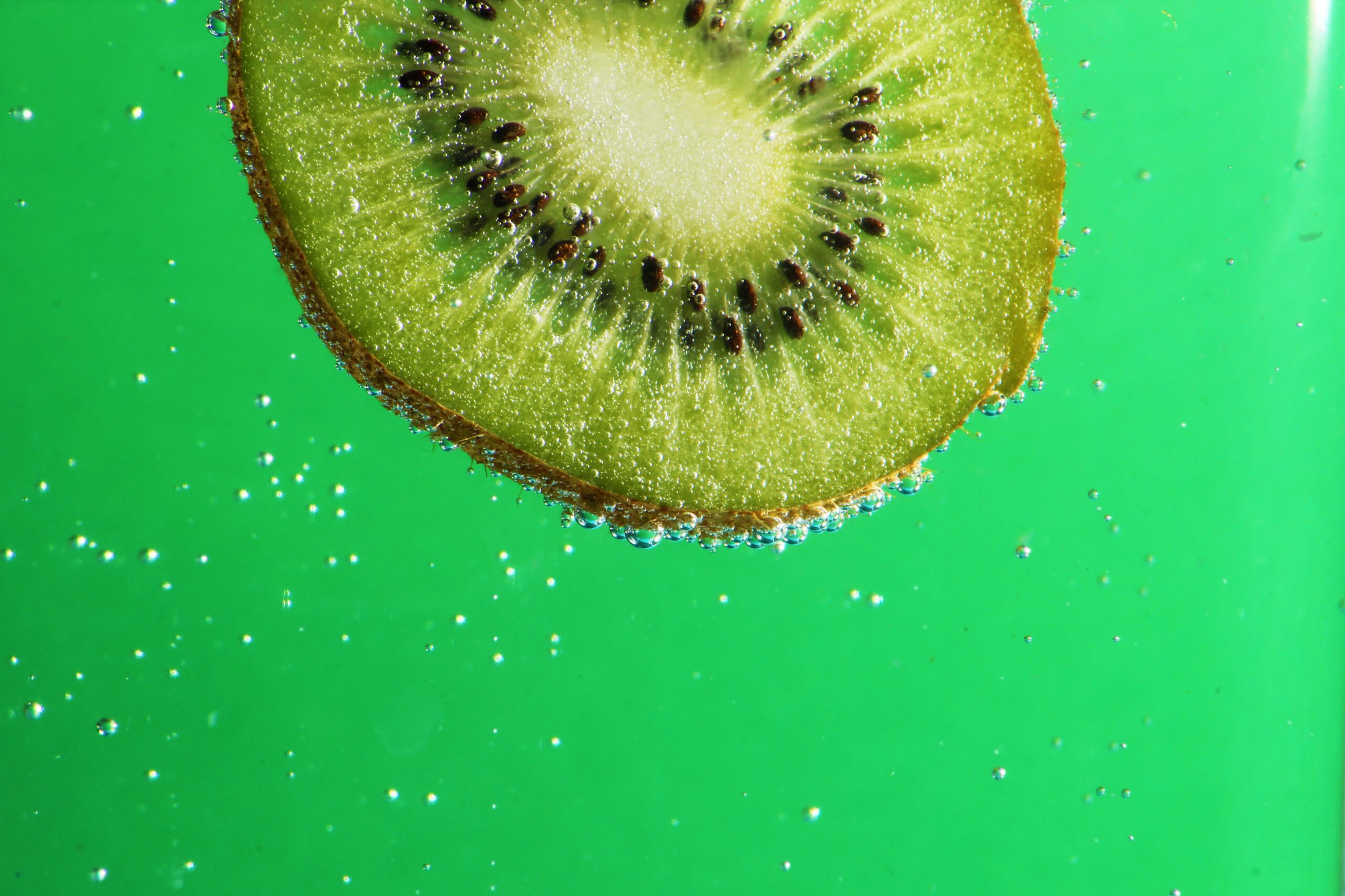Is Sugar Interrupting Sleep?
It’s so common to eat our biggest meal as dinner, followed by dessert (or even a night-cap) that we might not consider the negative impact these habits have on our sleep.
As a population, our sleep quality is severely diminished and many of us aren’t getting the kind of rest that our body needs. Lack of sleep has become so widespread that the CDC has classified it as a public health epidemic!(1) Although there are a number of factors contributing to this issue, diet may be one of the most common and easily remedied.
Does sugar really interrupt sleep?
Yes! Different systems in our bodies are governed by cycles that dictate their level of activity. When we’re healthy, these cycles are synchronized with one another and match the cycles of our natural environment. Our diurnal (or, circadian) rhythm is the system regulating our sleep-wake cycle and it helps us to feel our most alert during the day and causes us to be sleepy at night. Two of the key hormones that participates in the diurnal rhythm is the awake-hormone cortisol and the asleep-hormone melatonin. If we look at lab markers to measure this diurnal rhythm in balance we would see cortisol levels peak in the morning and then slowly decrease throughout the rest of the day until they reach their lowest point at night.(2) An evaluation of melatonin would show that it is low throughout waking hours and highest while we are sleeping. Disruptions in these natural patterns are what cause wakefulness, poor quality sleep, and day-time exhaustion.
Sugar leads to low blood glucose
That’s not a typo: sugar actually can cause low blood glucose, or reactive-hypoglycemia! When sugary or refined foods are broken down quickly in digestion, a large amount of glucose is rapidly transported into circulation, and our blood glucose levels become dramatically elevated. Because blood glucose levels that are too high or too low can cause serious illness or death, our internal systems work very hard to maintain them at normal levels. When our blood glucose levels rise very quickly following the ingestion of sugar, this essentially sounds an alarm that the pancreas must respond to with higher amounts of insulin. Unfortunately, this places a high demand on the pancreas that can provoke an exaggerated response where too much glucose gets transported into cells and our blood glucose levels drop below normal limits provoking hypoglycemia.
Low blood glucose triggers an awake-cascade
Eating sugary or refined foods within the few hours leading up to bedtime can cause reactive-hypoglycemia to disrupt sleep and make us feel awake or wired. When blood glucose levels fall too low, our HPA (hypothalamic-pituitary-adrenal) axis responds with counter-regulatory hormones (such as cortisol and epinephrine) that stimulate the release of additional glucose into the blood stream.(3) Beyond correcting for the hypoglycemia, these counter-regulatory hormones also have a stimulating effect on our nervous system, counteracting the effects of nighttime melatonin and disrupting our natural diurnal rhythm.
The vicious cycle
Unfortunately, lack of sleep caused by the counter-regulatory hormones lead to stronger cravings for sugar the next day. This begins a vicious cycle of cravings, blood glucose dysregulation, interrupted sleep, and cravings again. On top of increasing risks of developing chronic diseases such as obesity, diabetes, and cancer, lack of sleep has also been linked to poorer food choices and decreased metabolism.(1)
So, how do we catch a break?
Sugar cravings can be overcome by increasing our consumption of healthy fats and proteins which balance blood glucose and keep us feeling fuller longer. Carbohydrates carry a specific blood glucose potential that can be expressed using the Glycemic Index (GI) and Glycemic Load (GL) (more about those here). Eating whole, minimally processed foods with low GI and GL can reduce the impact that foods have on your blood glucose and protect against reactive-hypoglycemia and interrupted sleep.
Ideally, the carbohydrates we consume should come mostly from non-starchy vegetables and leafy greens, followed by starchy vegetables like sweet potatoes or squash, and then by whole fruits (not dried, juiced, etc.). Grains can be very high in carbohydrates and are often refined, but if you tolerate them well some grains in their whole kernel form may be included.
There is a quote that says, “Eat breakfast like a king, lunch like a prince, and dinner like a pauper”, which essentially means that your smallest meal of the day should be dinner. I would also add that it’s important to restrict eating to a 10-hour window or less per day.(4) This means that if you eat your first meal at 7:00 am then your last meal of the day should be no later than 5:00 pm.
Implementing these strategies will break the vicious cycle and give you more control over your cravings and increase the quality of your sleep.



